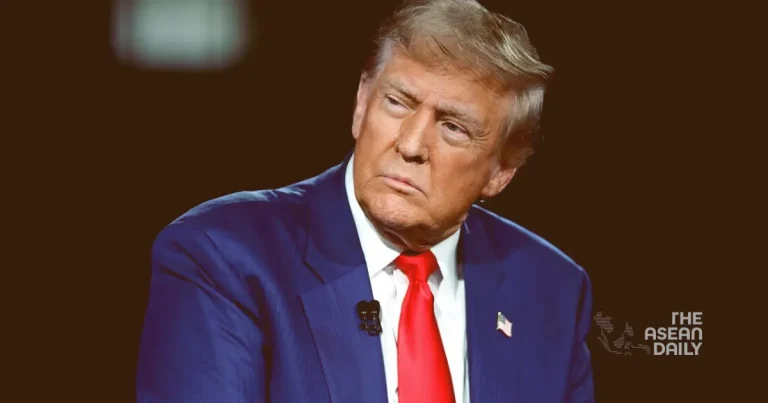19-2-2025 (WASHINGTON) US President Donald Trump announced plans on Tuesday to implement extensive tariffs on automotive imports, semiconductors, and pharmaceutical products, potentially setting the stage for major international trade disputes.
Speaking to reporters at the White House, Trump outlined his intention to impose tariffs “in the neighbourhood of 25 per cent” on imported vehicles, marking a dramatic escalation in his administration’s protectionist trade policies. The automotive tariffs are expected to take effect from 2 April, following cabinet-level reports on various import duty options.
The proposed measures represent a particular challenge to European automakers, highlighting the disparity between the EU’s current 10 per cent vehicle import tariff and America’s comparatively modest 2.5 per cent rate on passenger cars. However, critics note that the US maintains a significant 25 per cent tariff on imported pickup trucks from most nations, excluding Mexico and Canada—a measure that has long benefited American manufacturers.
In a further development, Trump revealed plans to extend similar tariff rates to the pharmaceutical and semiconductor sectors. These duties would begin at “25 per cent or higher” with potential increases throughout the year. The president indicated some flexibility in implementation, suggesting manufacturers would be granted time to establish US-based facilities to avoid the tariffs.
These announcements follow a series of recent protectionist measures by the Trump administration. Since his inauguration last month, the president has imposed additional 10 per cent tariffs on Chinese imports and announced 25 per cent duties on Mexican goods and non-energy Canadian imports, though the latter have been temporarily delayed.
The automotive sector, which previously faced similar tariff threats during Trump’s first term, could face significant disruption. In 2018-19, a Commerce Department investigation cited national security concerns regarding auto imports, though proposed tariffs never materialised. Industry analysts suggest that data from this earlier investigation might inform the new tariff implementation.
The administration has also set a 12 March deadline for implementing 25 per cent tariffs on all imported steel and aluminium, removing previous exemptions for key trading partners including Canada, Mexico, and the EU. These measures will extend to numerous downstream products, from construction materials to industrial equipment.




